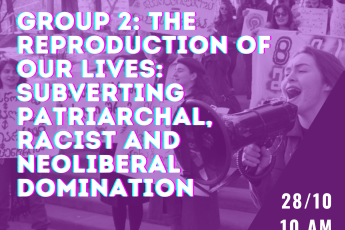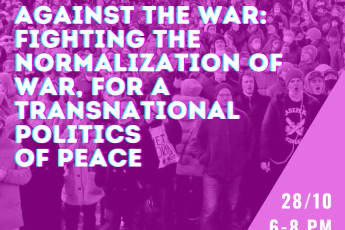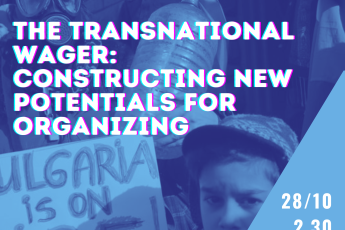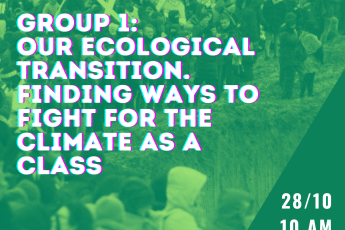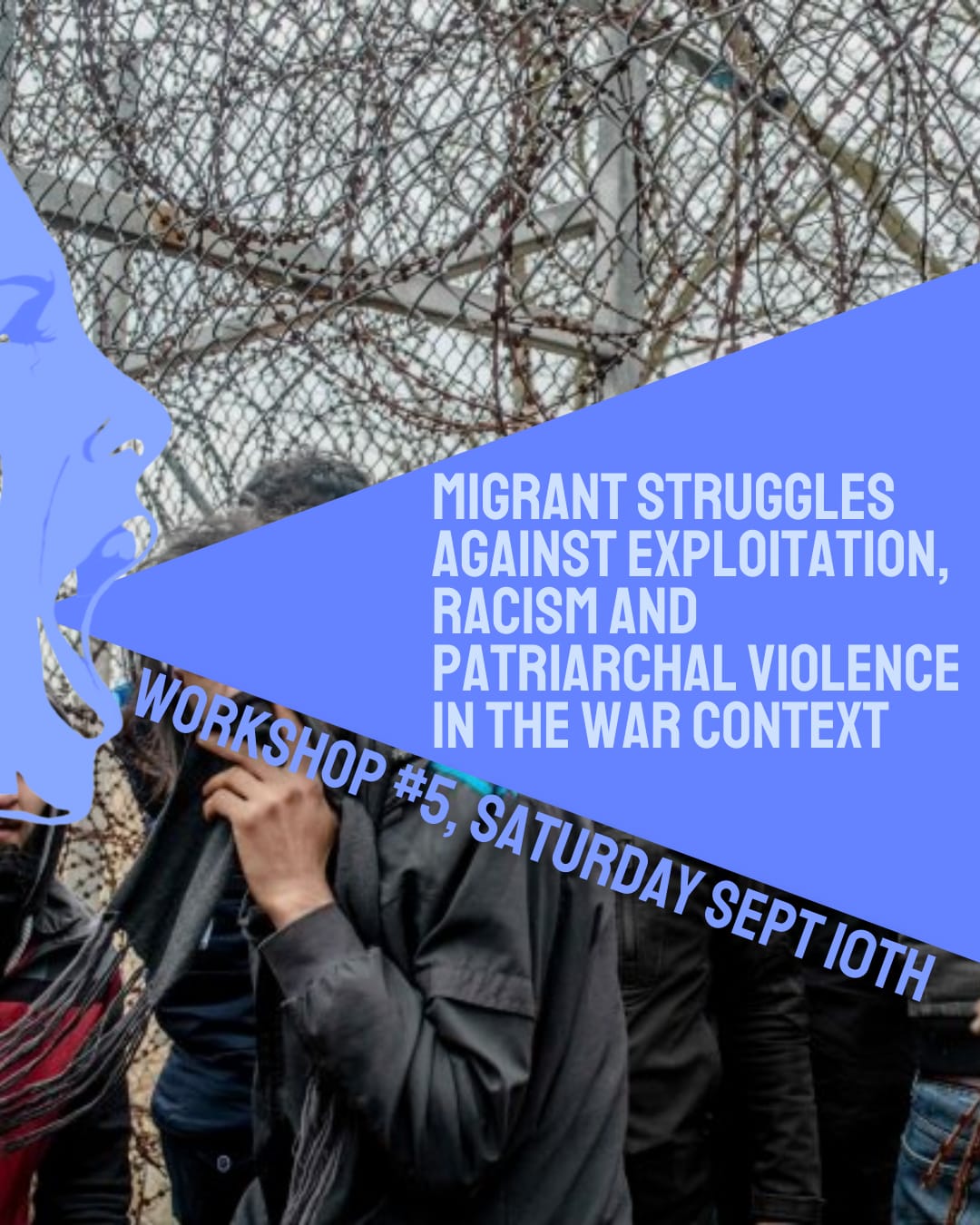
SATURDAY 10th September – 10:00-12:00
Migrants’ movements and struggle for freedom against the border regime and institutional racism are deeply impacting national and EU policies. The selective closure of borders during the pandemic has disrupted migrants’ journeys and prompted migrants to find new strategies of mobility. At the same time, the continuous need of migrants’ essential labor in logistics, care, agriculture and other sectors, is pushing governments and employers to recruit migrants despite the limitation of mobility. Now the war in Ukraine and its wider consequences have brought to the light the political use of asylum and the arbitrary management of migration policies. To the millions of Ukrainians refugees, mainly women, national governments and the EU responded with temporary measures and the creation of new hierarchies. The war in Ukraine has also brought to light another war, waged for years by the EU and state governments against migrants: in countries like Poland, Hungary, Greece, Turkey and the UK the borders continue to be militarized; governments are rejecting black and Asian refugees or attempting to send them to third countries; the EU continues to externalize its borders by making deals with countries such as Turkey or Libya, promoting an increase of violence, and enforces border militarization and securitization in the Balkans, also as conditions for future membership; the terrible conditions of reception are faced with protests in the camps of Greece or Italy. As during the pandemic, this war against migrants goes together with new projects to attract and hire migrant workers. We witness a clash over mobility where migrants use it as part of their struggle for a better and safer life, while governments and employers seek to mobilize labor for the sake of profits and production. Migrant women are at the center of these processes and, resisting everyday while inventing everyday resistance, are also searching for new forms of struggle. In recent years we have been fighting taking side with migrants against all of this. In this context, it is urgent to give space to the different conditions and struggles carried out by migrants; to offer a space to build a collective force and break the isolation imposed by arbitrary divisions and hierarchies; to show the links between military, patriarchal and racist violence and the impact of the war on the migrants’ lives and to define the possibilities of collective struggles. In the belief that fighting for freedom of movement and the freedom of migrants is part of our struggle for a transnational politics of peace, this workshop will be organized along three main axes:
1. Migrant work, labor and social reproduction: how has migrant labor changed in your contexts with the pandemic first, and the war later, also considering the relation also considering the relation between, on the one hand, the need of labor and of productivity of the UE, on the other, the filters imposed by its border regime? How are the service and care sectors exploiting the arrival of Ukrainian refugees?
2. Border regime: how are the militarization of borders, the securitization of daily life, the multiplication of border controls and pushbacks affecting reception policies and the asylum system? Which criteria, with special attention to women, are used to favor or prevent the legal entry in EU countries?
3. Institutional racism, exploitation and patriarchal violence: how is institutional racism (i.e. the constant blackmail of residence permits, refugee status, recruitment strategies, etc.) interacting with violence against migrant women and the structural patriarchal violence of this society? How does this intertwine with dynamics of exploitation? How has the war impacted on these conditions and dynamics?
Read the whole program of the meeting: https://www.transnational-strike.info/2022/07/27/transnational-meeting-in-sofia-final-program/


